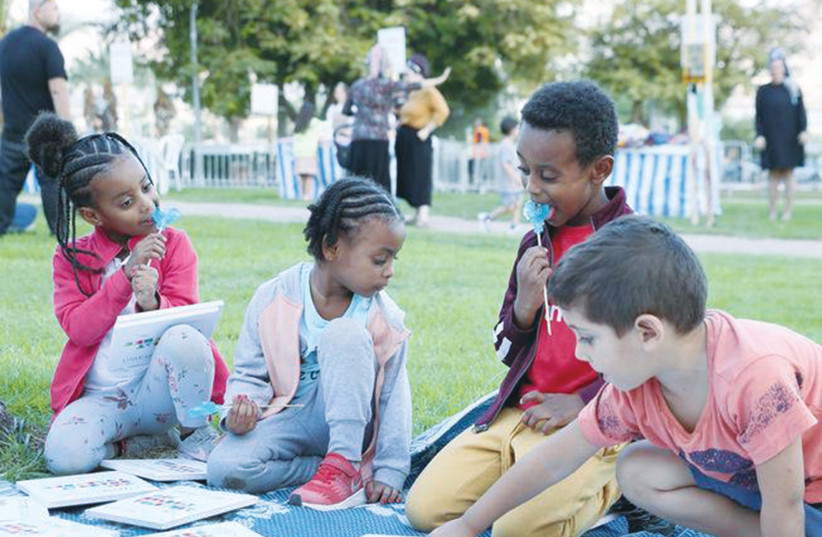Remember the movie Yours, Mine and Ours? Based loosely on a real-life family, the comedy-drama told the story of two widowers who fell in love and married, ultimately “blending” their combined 18 children into one big happy family. Of course, there were all sorts of issues along the way – but in true Hollywood fashion, it all worked out in the end.
Having guided tens of families through the maze of caring for aging parents, I can’t help but reflect on how this stepfamily of 18 children would manage to navigate their varying personalities and relationships when it came time to step into the role of family caregiver. How would they agree on medical and care decisions? How would they overcome conflict between a parent and their spouse’s biological children or among stepsiblings? How would they allocate caregiving tasks? Financial responsibility?
In real life, most stepfamilies won’t include 20 stakeholders, but the number of blended families is on the rise as, according to the Pew Research Center, approximately 67% of those 55 to 64 remarry after a divorce or death of a spouse, while half of those over 65 remarry. That means more and more adults are grappling with the unique challenges of family caregiving in a blended family setting, be it caring for an aging stepparent or having to manage a loved one’s care with stepfamily members.
Blood is thicker than water, or is it?
At B’Lev Shalem, a senior care management company, we work tirelessly to address the full spectrum of needs unique to seniors here, from the routine of daily living to medical oversight, community and advocacy.
When Aviva* called us, she was in desperate need of help managing a family conflict involving her mother, stepfather, stepsiblings, and herself. Aviva’s mother had married Michael 20 years ago and the couple lived in Jerusalem, near Aviva and her family. It was a second marriage for both, and Michael’s two children lived in Ra’anana, close to their own children. Michael suffered from dementia and several other medical conditions. For the most part Leah was Michael’s primary caregiver, but as the only child who lived nearby, Aviva helped out almost daily. Recently, Leah and Aviva began to buckle under the pressure of caregiving.

Michael’s children did their best to stay involved, but Aviva was resentful they didn’t do more to help their father. At the same time, Leah resisted their involvement, rejecting their opinions and withholding information. By the time Aviva sought external guidance, tensions had flared. Michael’s children wanted to move their father to an assisted living facility in Tel Aviv, nearer to where they lived in the Center. Leah rejected the idea; despite the challenges, she wished to continue caring for her husband at home and had no interest in moving. Aviva, who wanted her mother and Michael to stay close by, sided with her mother. Lines were drawn, and a battle erupted.
Aviva’s story is a familiar one – step-relationships that weaken and buckle under the strain of caregiving. In a study published in the Journal of Marriage and Family (2013), Dr. Carey Wexler Sherman said “a lack of shared family history and norms likely affect the way stepfamily members cope with the demands of taking care of a loved one with dementia.” Others point to unresolved conflicts and tensions that simmer for years under the surface but erupt from the pain of seeing a loved one’s health decline and the pressure of caregiving.
Research suggests that the quality of family relationships trumps blood ties in caregiving scenarios: people are more likely to take care of those with whom they share a positive connection, regardless of shared DNA. Granted, blended families may not have the benefit of decades to forge such relationships, but with guidance and intention, step-families can come together in their common goal of ensuring that a loved one is cared for.
Here are four tips to foster cooperation:
- Plan ahead: The best way to stave off clashes over care and responsibilities is to plan ahead. Before the need arises, have an open conversation that includes all members of the stepfamily, and give your loved ones the opportunity to articulate their wishes about care and decision-making. Use this free Planning for Aging Toolkit as a guide to get started.
- Call a family meeting: If things have already risen to crisis level, call a family meeting as soon as possible. Create rules for the meeting, such as “only one person talks at a time” and give everyone a chance to speak. Each family member has a right to share their thoughts and opinions, regardless of how or when they came into the family, whether they live near or far, and whether they can/cannot or will/will not help.
- Diffuse power struggles: When a family member is no longer able to make his or her own decisions, there may be a legal basis for the spouse or adult child to take charge (such as a power of attorney). Although other relatives may not like it, they must accept it.
Regardless of who has the legal or even ethical right to make decisions, it’s important to keep everyone in the conversation. Focus on ways the family can support the responsible caregiver to increase the chance of cooperation, even when disagreements rise.
- Get help: Even in the best of situations, caregiving can be debilitating. If family relations are contentious, consider bringing in an objective outsider – a care manager, clergyperson or family friend – to help facilitate an open and respectful discussion that will benefit all involved.
With a little advance planning and professional guidance, your own Yours, Mine and Ours story can also have a happy ending.
*In line with our strict policy of client confidentiality, all identifying details have been changed.
The writer is founder and CEO of B’Lev Shalem, a senior care management company in Israel.
